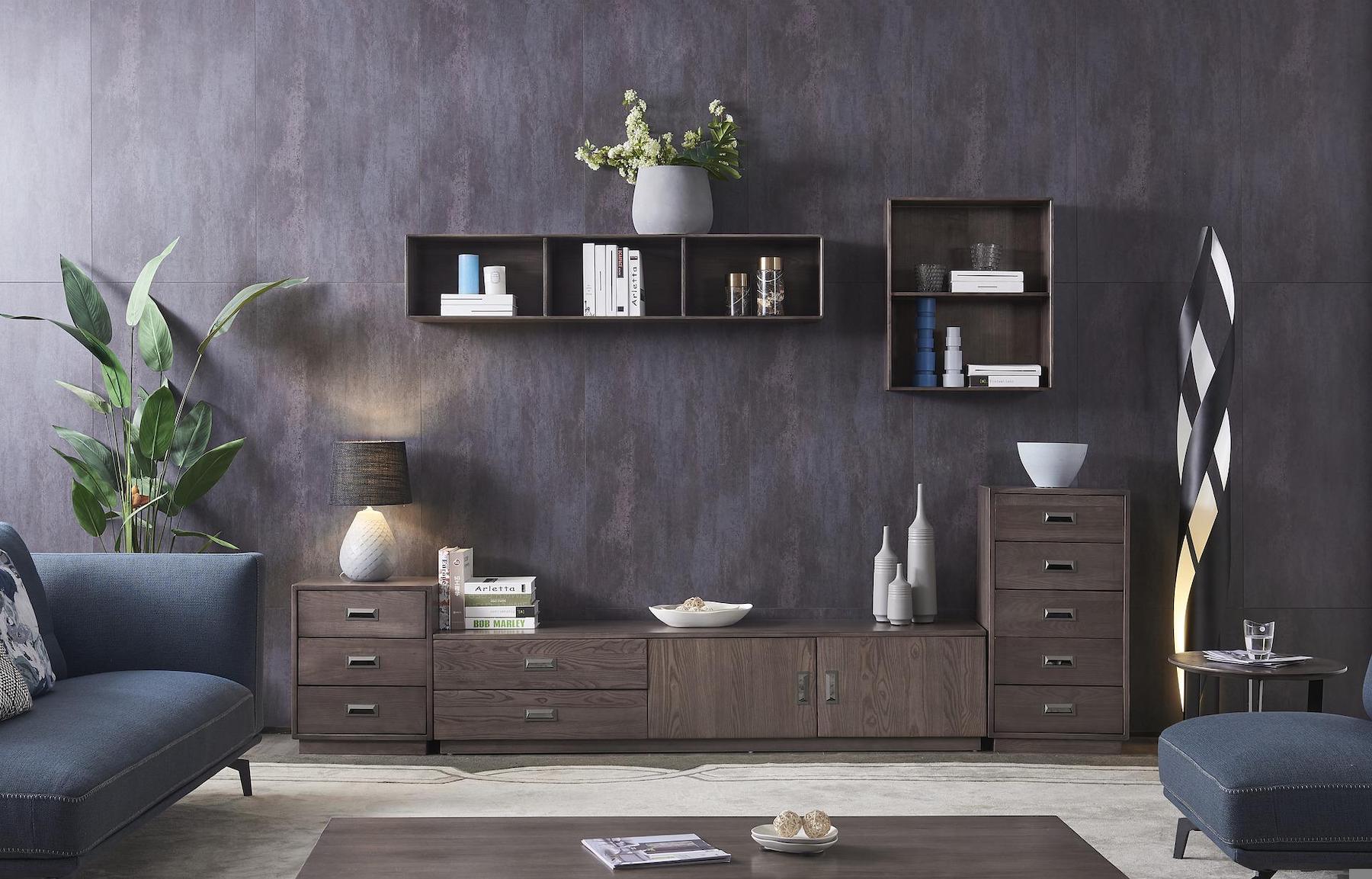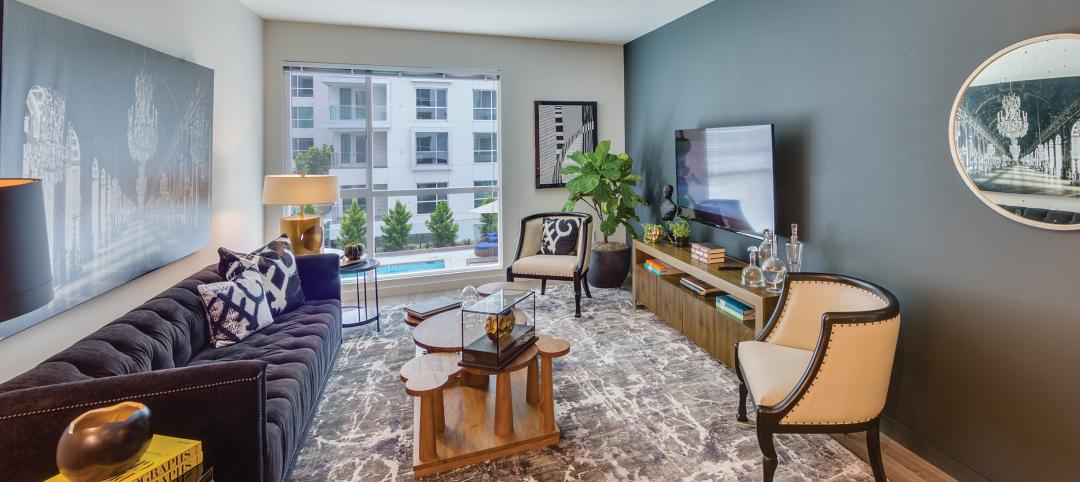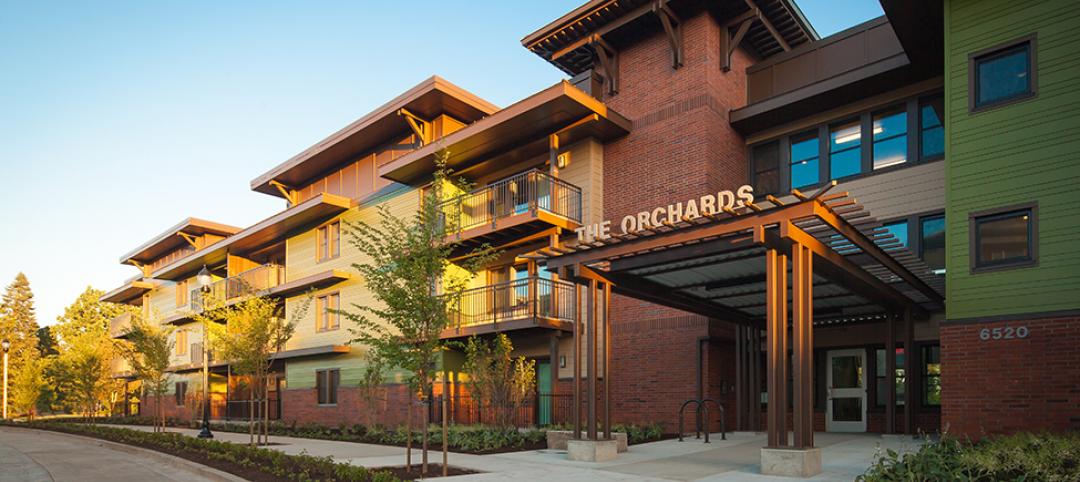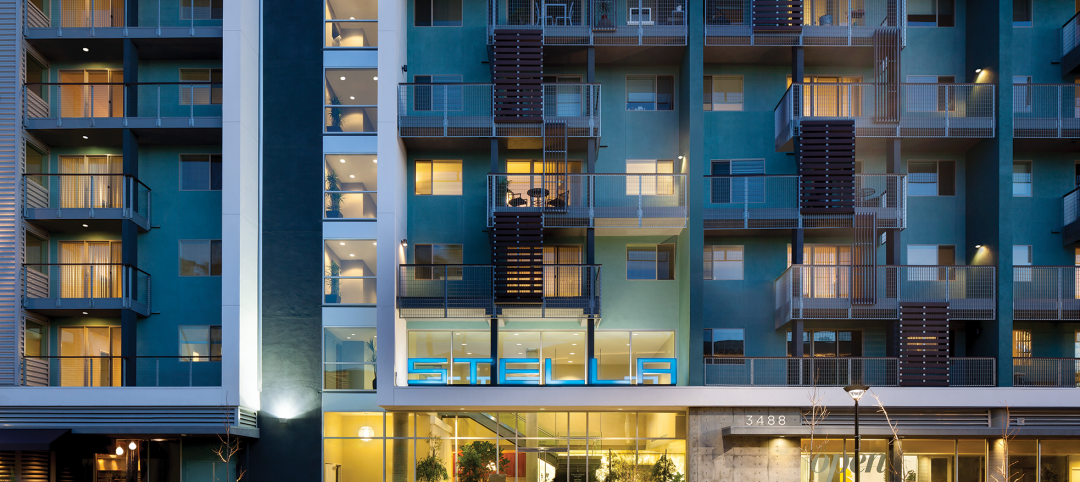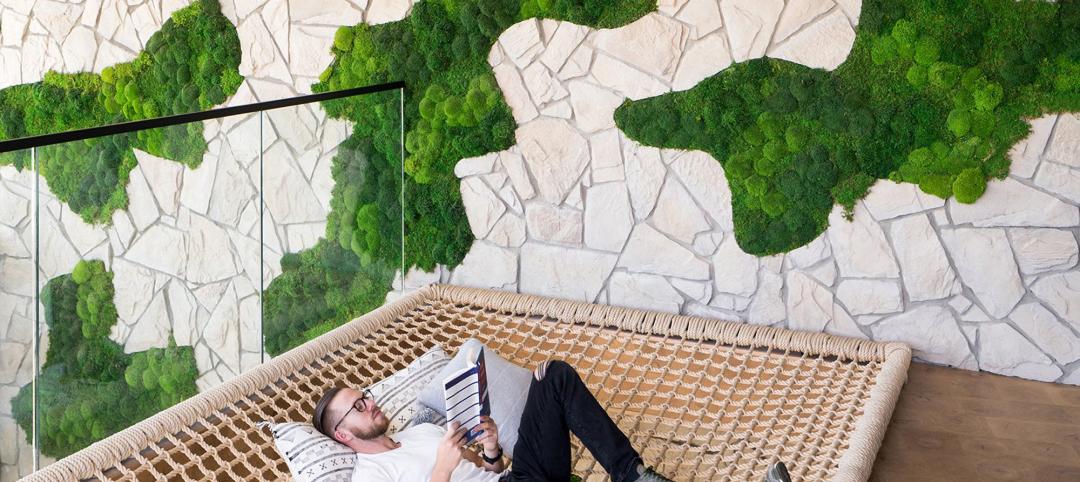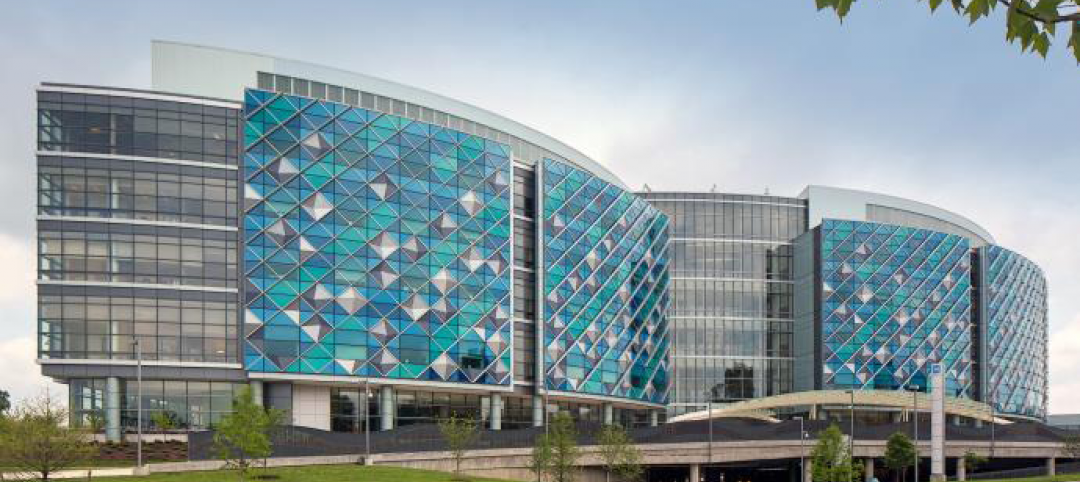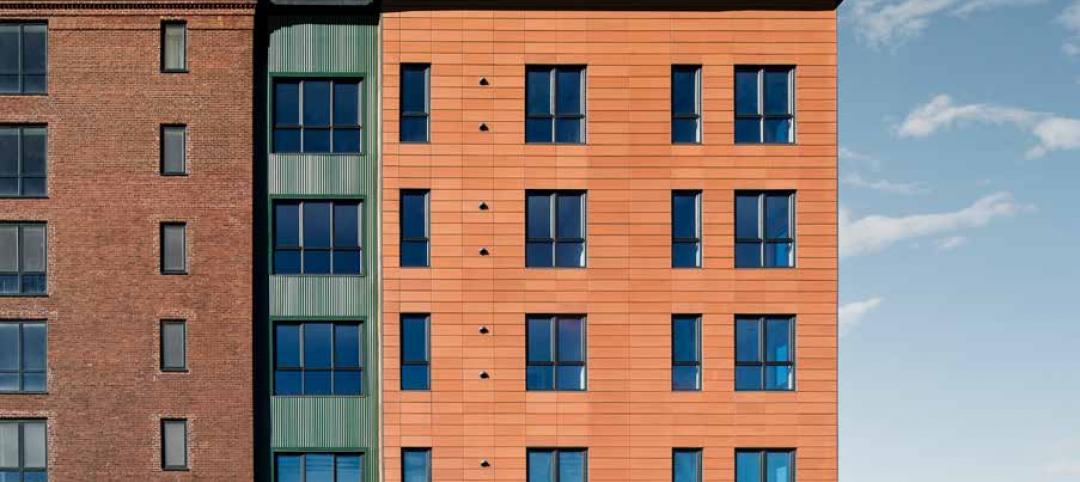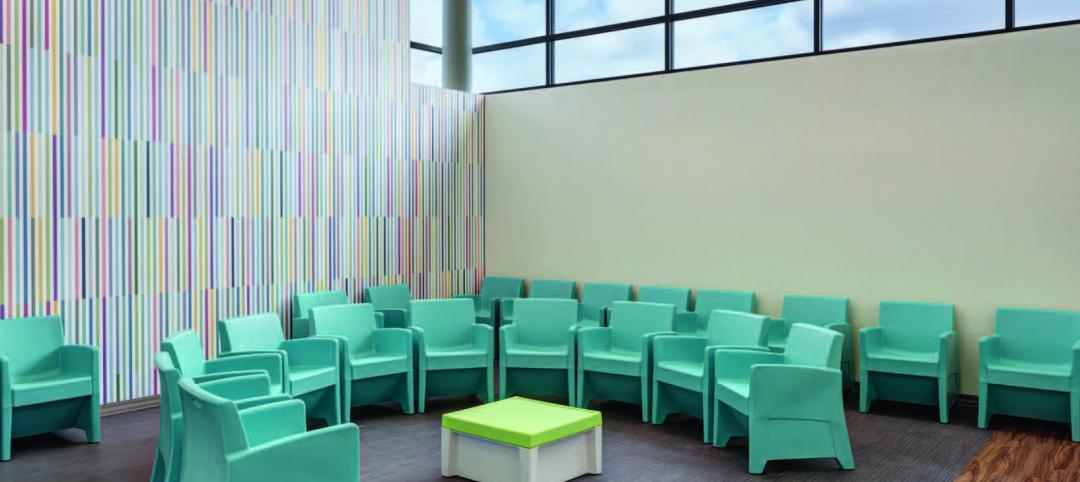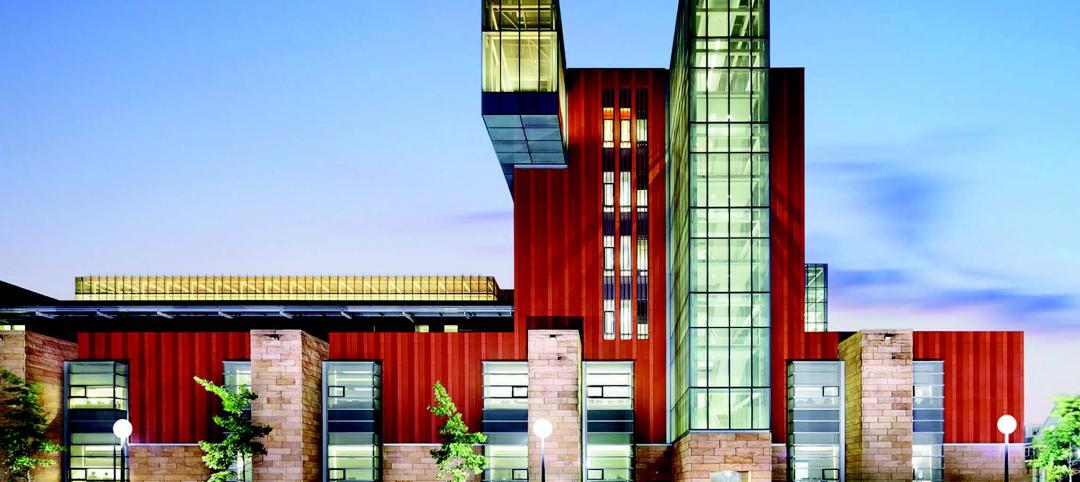Benholm Group, horticulturalists that have pioneered the use of plants for interiors over the past 27 years, are collaborating on a research study to understand the value of biophilic design, according to a news release.
The 8-week research study led by Sustainability Lead and PhD Researcher, Joyce Chan-Schoof, will examine the question of if we can apply a social and economic value to biophilic design.
“We know that a connection with nature is good for us, but what are the tangible co-benefits and how can we communicate these economic outcomes to decision-makers who create our working environments?” the release says. “Can biophilic design add value to the workplace; not only through improving air quality and aesthetics, but can it have a tangible impact on employee productivity, retention, absenteeism, satisfaction, engagements, and up-skilling?”
The plan is to have 6 participants carry out their daily work at a designated workstation in an office space at London based PLP Architecture. During the 8-week study, the environment inside the office will be changed from an average office space into a multi-sensory experience with rich, natural stimuli to the participants such as lush, green, living plantings; access to natural light and outside views; new natural décor, patterns and colors; plus sounds from nature—an immersive, biophilic “wow” space.
Researchers will measure indoor environmental quality data during the testing period, and participants will complete questionnaires after each scenario change.
Related Stories
Biophilic Design | Nov 19, 2018
Biophilic design: What is it? Why it matters? And how do we use it?
As we continue to move toward the city and spend more time indoors, our day-to-day interaction with quality nature is shrinking. One contemporary concept to reverse this effect is biophilic design, a strategic approach to tap into—and harness—nature in the built environment.


